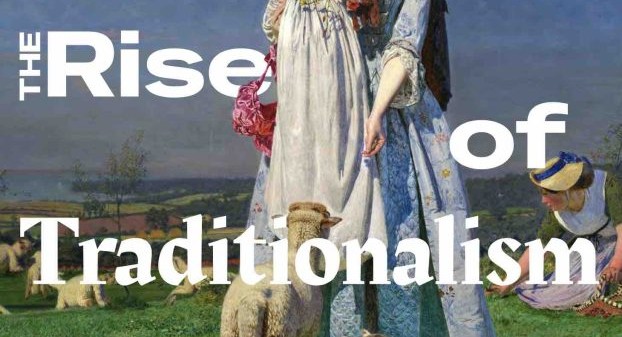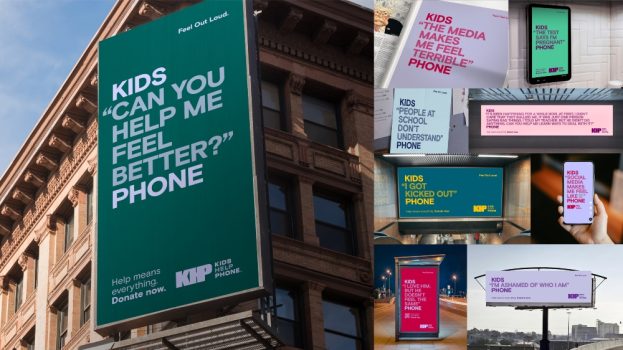An online survey hosted by Toronto-based youth research firm Reactorz found that young citizens, far from being insulated in a haze of math homework and celebrity magazines (or in spite of it) have spent as much time as the rest of us thinking and worrying about the ramifications of war.
The survey, conducted for Strategy’s Understanding Youth conference, examined the impact of war on youth. Questions were posted on the Reactorz Web site on April 15, 10 days after U.S. tanks first rolled into Baghdad and six days after news programs relayed images of U.S. soldiers and Iraqi civilians uprooting statues of Saddam Hussein. The questions drew 38 respondents aged seven to 12 and 241 respondents aged 13 to 17. Females were slightly over-represented in both age groups, comprising 60% of the tweens and 70% of teens.
‘I didn’t really respect the U.S. before but now I think it’s a monster. A murderous, greedy monster,’ said one 17-year-old boy when asked if war had altered his opinion of the U.S.
‘I am worried that chemical warfare will break out,’ said a seven-year-old girl in the same discussion. ‘I am most concerned about the possibility of nuclear warfare,’ said a 12-year-old boy.
Fear is natural, of course. More startling is the sophisticated level of understanding evident in participants’ remarks. Many tweens and teens anticipated troubled post-war economic relations with the United States. ‘I feel freaked out because we didn’t join the war in Iraq, the U.S. is now mad at us, and I think that it might start World War Three,’ said an 11-year-old. Others worried about a domino effect, with this war raising new global tensions. Most comments could just as easily have come from passersby surveyed on the evening news.
Tweens and war
* 55% of tweens first heard about the war from television, while 31% were told by their parents.
* 69% said they talked to their parents about war, while 33% cited friends and 28% said teachers.
* 71% said the war had not affected their perceptions of national, ethnic or religious groups. Among those whose perceptions had changed, 29% cited anti-American feelings.
* 75% empathized with kids in Iraq and recognized that they are lucky to live in a peaceful country.
* Asked what their favourite celebrities think of war, respondents emphasized that they are individuals and not easily influenced by the media or media personalities. ‘I usually don’t follow what celebrities say because they’ll say anything to please their fans,’ said a 12-year-old boy.
* Many respondents claimed to have lost interest in playing violent video games as the war progressed, while some maintained that they understood that games are not real and that a state of war made no difference to their gaming habits.
Teens and war
* Almost 25% of respondents were originally against the war at all costs. Many changed their minds once they saw TV images of Iraqis celebrating the overthrow of Saddam Hussein. Others had their views confirmed when they saw increasing footage of the damage done in Iraq.
* 35% of respondents worry that war could happen in Canada, and one said he was ‘scared like heck.’
* Asked how they feel about people boycotting U.S. brands and products around the world, most teens said they had not changed their buying habits and felt that American companies were not responsible for the U.S.-led war. Many teens felt that boycotting American products was ‘childish.’ ‘Do you see anyone boycotting gas stations with gas from dictatored Arab countries?’ asked one 13-year-old girl.
* Teens also emphasized that they do not look to celebrities to form opinions for them. ‘My role models are real people that I know and trust in my life, so I don’t really listen to what the stars say. I make up my own mind, and then, if I am uncertain about an issue (like the war) I ask someone close to me, like my parents,’ said a 16-year-old girl.























